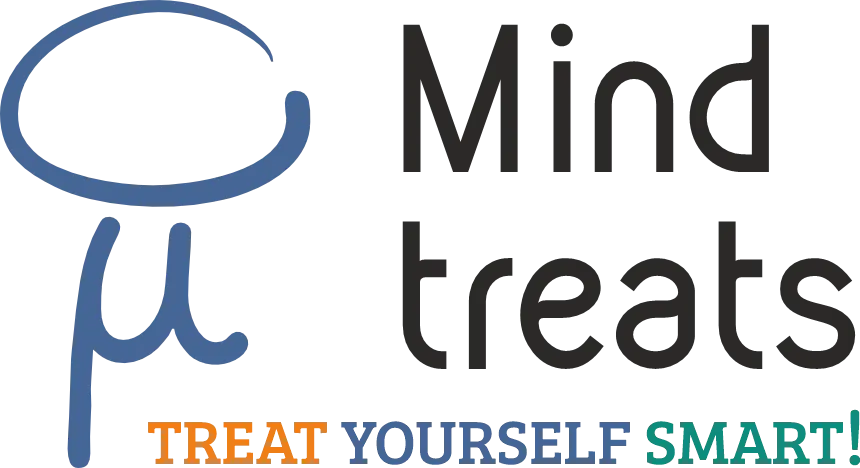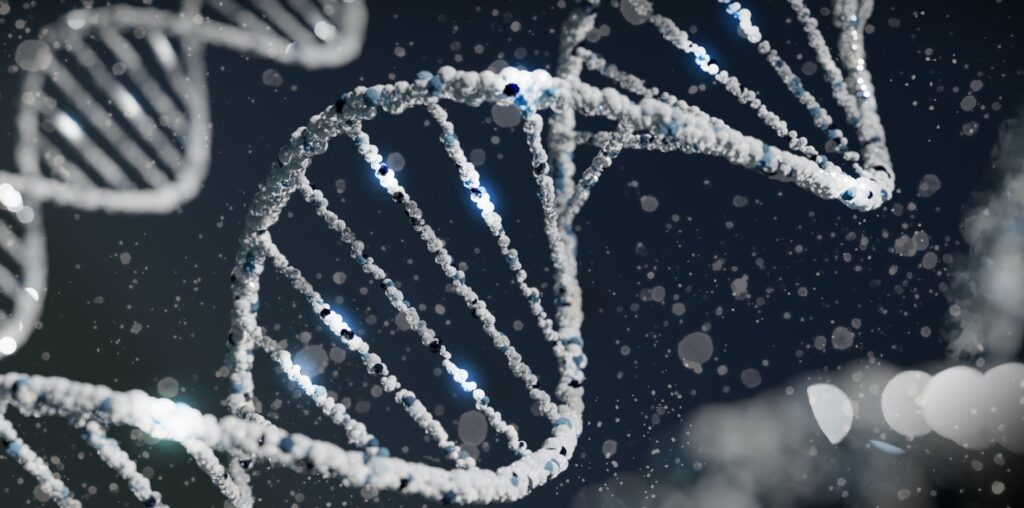While genetics certainly plays a role, the captivating field of epigenetics unveils a fascinating truth: our genes are not our destiny. Think of it as a hidden switch within your DNA. It is capable of activating or deactivating specific genes based on your lifestyle choices. Join me on this journey into the world of epigenetics. Let’s explore how you can hold the key to unlocking your longevity potential!
Understanding Epigenetics
Genetics plays a significant role in shaping various aspects of our lives, including our lifespan. Our genes lay the foundation for our physical traits, from height to eye color, and even our susceptibility to certain diseases. However, it’s important to recognize that genetics alone does not solely dictate our lifespan.
Genetics and epigenetics work hand in hand to define an individual’s traits. While genetics provides the genetic blueprint, epigenetics involves changes in gene activity and expression. These changes, often related to DNA structure and histones, determine which genes are active or dormant. This is influencing cellular functions and development.
Epigenetics and Longevity
“In the context of human longevity,” says Dr. Herna De Wit, Ph.D., Biosciences Team Lead at Human Edge Enterprises, “epigenetics plays a critical role in understanding how genetics and the environment interact. Epigenetic modifications have been implicated in the aging process and age-related diseases. For instance, DNA methylation patterns have been linked to age-related changes, and specific modifications can impact lifespan.”
One well-studied epigenetic alteration is DNA methylation, which entails adding a methyl group to DNA molecules. DNA methylation patterns change with age and can serve as a molecular clock to gauge biological age. These clocks, relying on DNA methylation, correlate with chronological age and predict mortality risk.
Numerous key epigenetic modifications have been connected to longevity, shedding light on the molecular mechanisms of aging. DNA methylation, involving the addition of methyl groups to DNA molecules, reveals specific genome regions with age-related changes in methylation patterns. Some of these changes have ties to extended lifespans.
How Individuals Can Optimize Their Epigenetic Profiles for Longevity
Identifying genes and genome regions responsible for regulating longevity through epigenetic mechanisms is a burgeoning field of research. Certain genes linked to inflammation, oxidative stress response, and DNA repair are prime candidates for epigenetic regulation in aging and longevity. While research continues, individuals can adopt a holistic approach to optimize their epigenetic profiles.
Enhancing DNA repair mechanisms is vital for maintaining healthy cells and delaying aging. Activities like regular exercise, stress reduction, sufficient sleep, and avoidance of harmful substances can support DNA repair mechanisms and slow down the aging process.
Excessive oxidative stress accelerates aging and increases the risk of diseases. Incorporating antioxidant-rich foods, practicing stress reduction techniques, eliminating unhealthy habits, getting adequate sleep, and considering relevant supplements can help reduce oxidative stress and support a healthier epigenetic clock.
Chronic inflammation leads to shortened telomeres and faster aging. To boost your epigenetic clock, focus on reducing inflammation. This can be done by incorporating a diet rich in whole grains, fruits, and vegetables, getting sufficient sleep, regular exercise, stress management, and considering anti-inflammatory supplements (consult a healthcare professional).
“In summary,” Herna De Wit emphasizes, “understanding the impact of environmental factors on epigenetic patterns is crucial for comprehending the mechanisms underlying healthy aging and longevity. By making informed choices regarding diet, lifestyle, and minimizing exposure to harmful environmental factors, individuals have the potential to positively influence their epigenetic patterns and promote healthy aging processes.”
In the grand scope of our health, we are not merely subject to our genetic makeup. Epigenetics reminds us that our lifestyle choices hold tremendous power over our health outcomes. Embrace a healthy lifestyle. You can actively shape your epigenetic profile, potentially mitigating genetic predispositions. It’s never too late to make positive changes and optimize your well-being.



